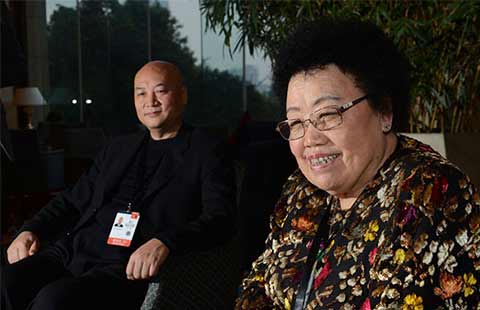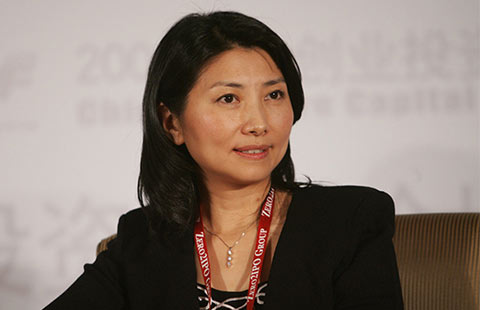Shanghai FTZ makes great progress in market opening, reform deepening: expert
(Xinhua) Updated: 2015-12-11 10:42NOTTINGHAM - Since five tasks in the framework plan of China (Shanghai) Pilot Free Trade Zone (FTZ) 2013 has been implemented, Shanghai FTZ has made great progress in market opening and reform deepening, a Chinese expert has said.
Guilong Shen, assistant director of the Institute of Economics of Shanghai Academy of Social Science, made the remarks at a seminar held by the School of Contemporary Chinese Studies at the University of Nottingham.
Reform dividends of Shanghai FTZ are further released and competition between domestic and foreign players had been improved, he said.
The research professor said that Shanghai FTZ is a pilot test of China's deepening reform and upgrading opening-up.
Shanghai FTZ aims to innovate system, not to implement preferential policies, he added. The zone practices a policy of "inside the territory while outside the customs," replacing the policy of "within the territory of customs" in general special areas supervised by customs.
Shen mentioned the framework plan of Shanghai FTZ 2013 lists five tasks, which included accelerating the transformation of government functions, opening up of investment sectors, promoting the transformation of trade development approach, deepening innovation and opening up of financial services, improving regulatory supporting systems.
Govement functions transformation
Shanghai FTZ could accelerate the transformation of government functions by innovating commercial registration system and establishing integrated supervision system.
Before the "one-stop processing" service model was brought in, it took 29 days for enterprises to get relevant licenses and certificates. However, it takes only 4 days after the model was implemented, Shen said.
"There were 18,828 companies registered at Shanghai FTZ in June 2014, among which 10,445 were registered after the establishment of Shanghai FTZ," he added.
Besides, the integrated supervision system shifted from prior approval to in-process and ex-post supervision.
Six aspects of work was promoted, which included security review and anti-monopoly review system, construction of business integrity and public trust system, implementation of joint supervision and enforcement system, adoption of comprehensive evaluation mechanism, social participation in market supervision and platform of information sharing.
- China's soft landing brings risk and opportunity: BlackRock
- Huawei signs ICT agreement with Nigeria
- Business-to-business mobile e-commerce market to grow by 80%
- Internet makes life in Wuzhen more convenient
- A boom in bonded warehouses
- Key issues involved in the IPO reforms
- Registration system for floats to boost bourses
- Yutong trialing green buses in Paris

















